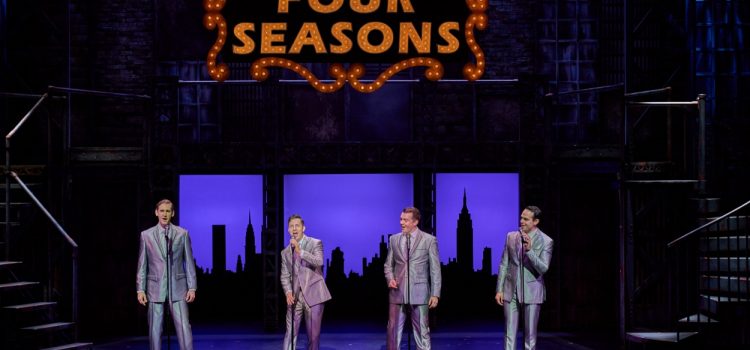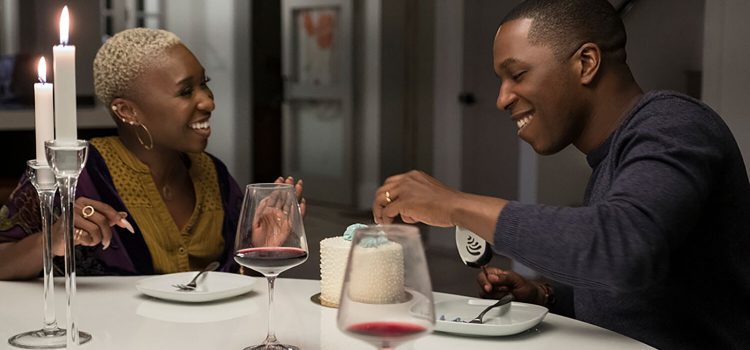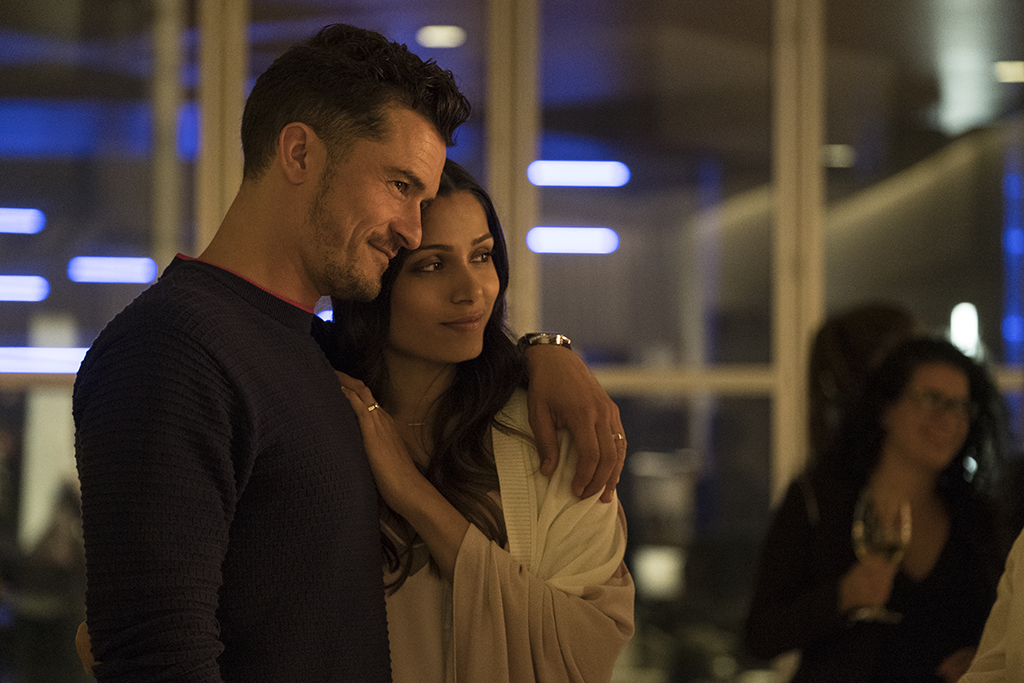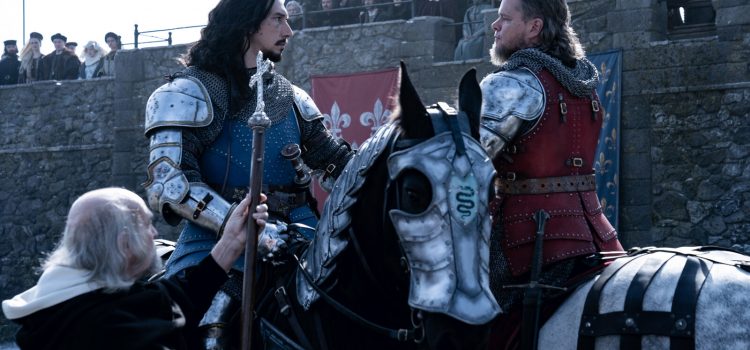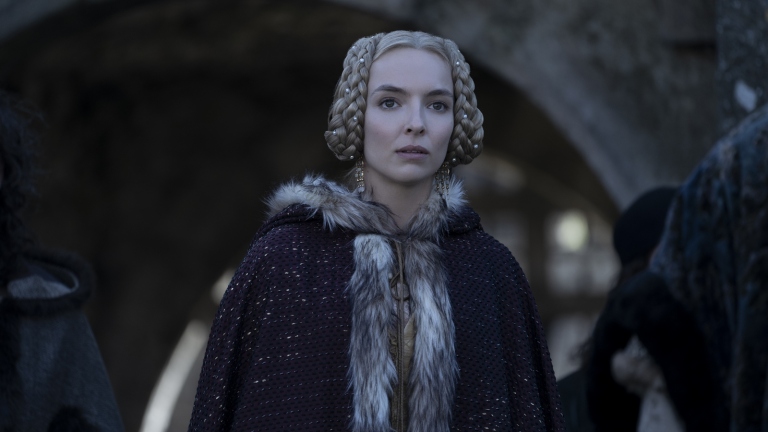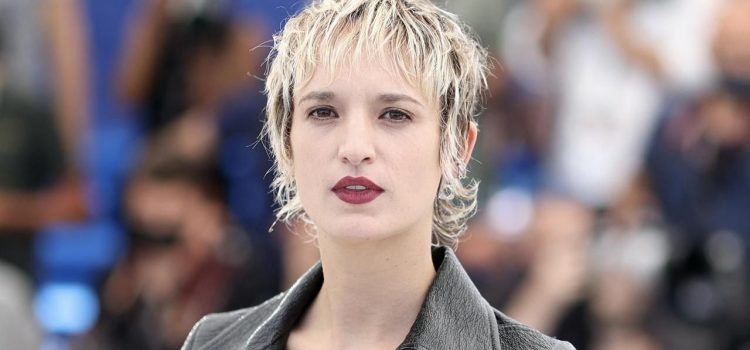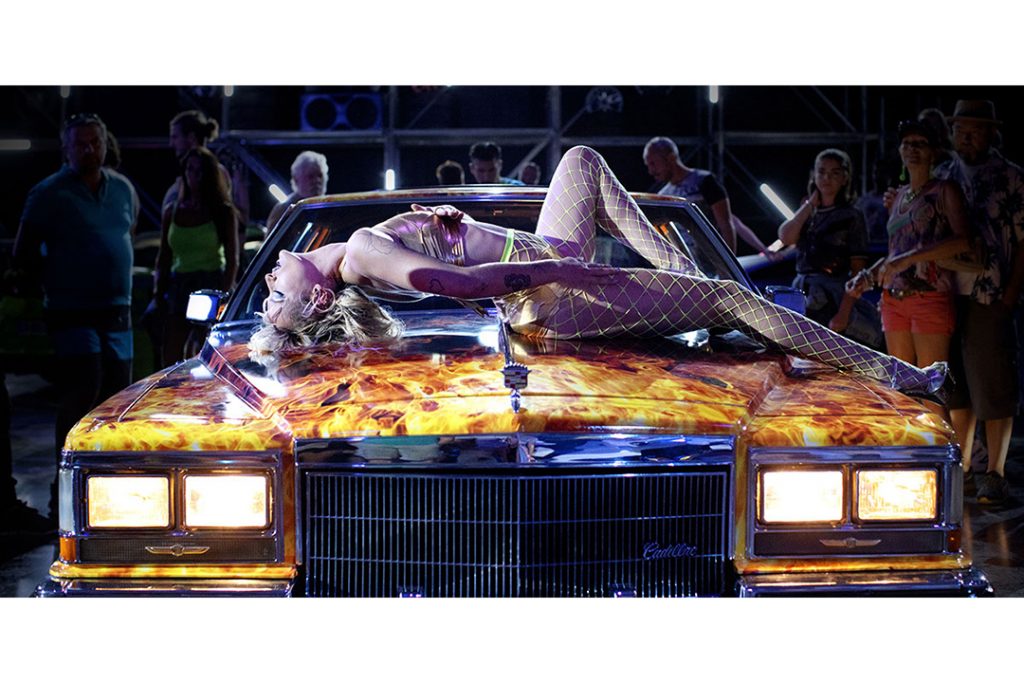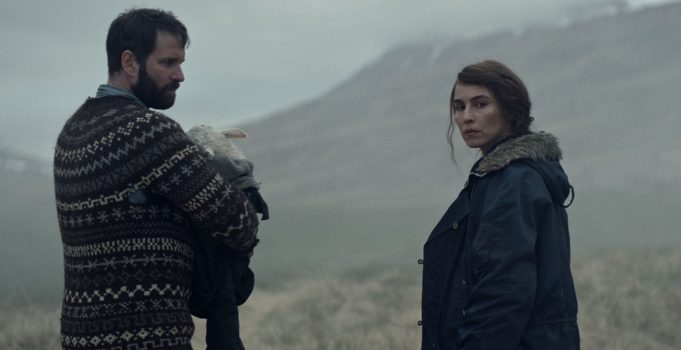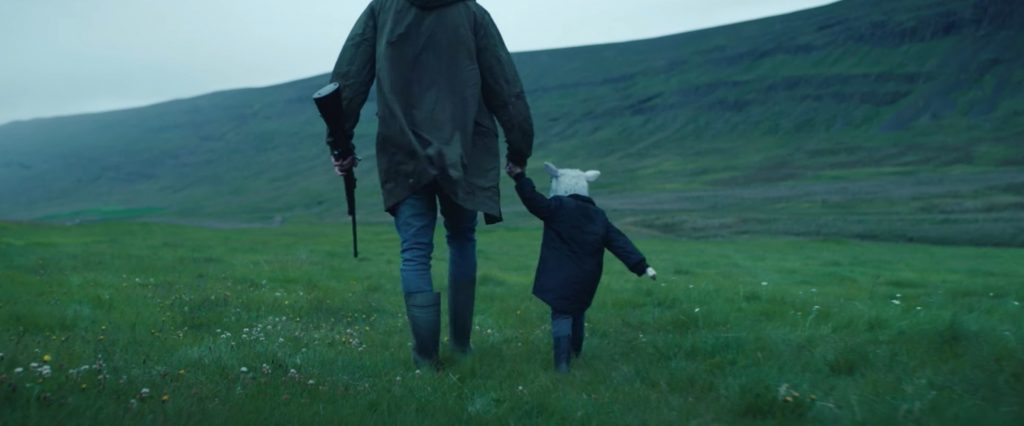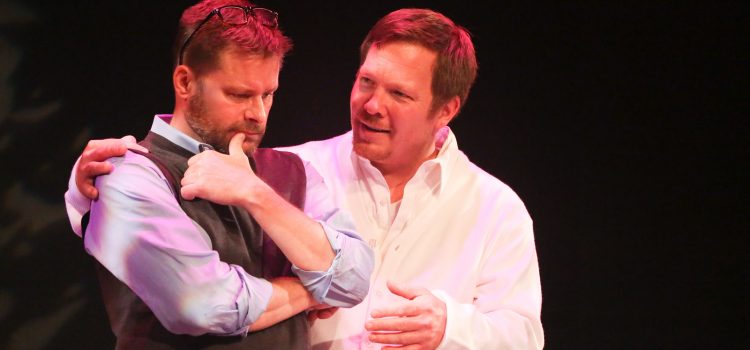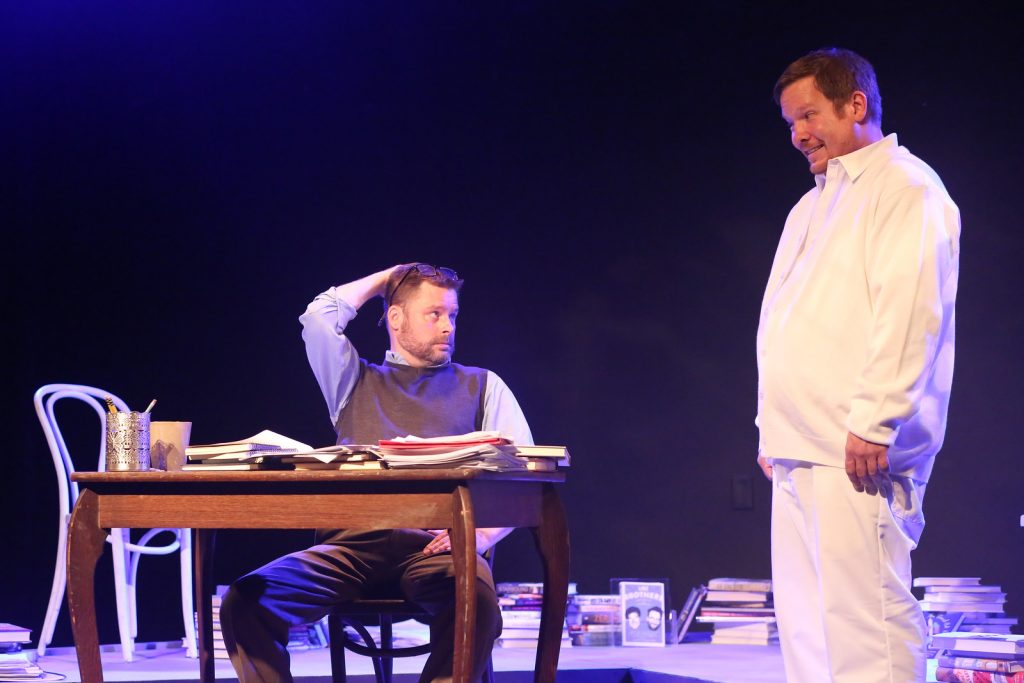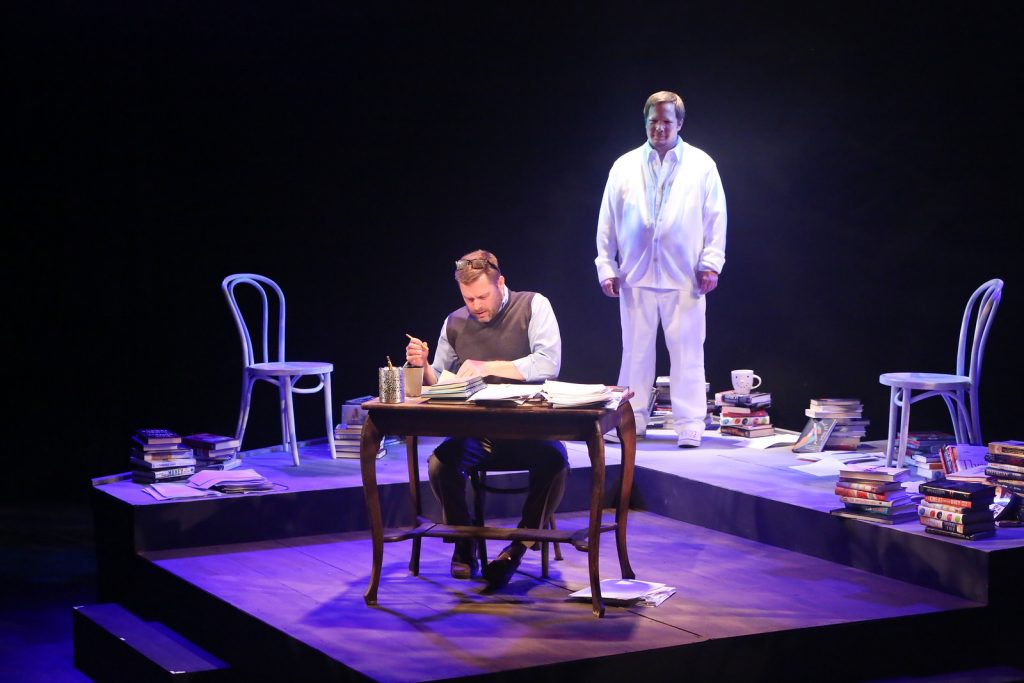By Lynn Venhaus
Oh, what a night! Any time you can be joyfully swept up by the catchy hooks and upbeat sounds of the Four Seasons catalog is a good day.
Although the music is the big draw, the personal stories of bandmates Frankie Valli, Nick Massi, Bob Gaudio and Tommy DeVito combine for the irresistible musical “Jersey Boys.” The four lads from New Jersey’s rough-and-tumble journey through the music business is a fascinating rags-to-riches story, the quintessential American Dream tale.
In its Stages St. Louis premiere, the Tony Award winner comes alive in the Kirkwood Performing Arts Center’s intimate staging in the Ross Family Theater. The show runs through Oct. 24.
This can’t-miss combination overflows with energy and charm – and 30 songs, including their chart-topping hits “Sherry” in 1962, “Big Girls Don’t Cry,” “Who Loves You” and their last number one from 1976, “December 1963: Oh! What a Night!” The group sold 175 million records.
Directed with verve by Stages’ mainstay Michael Hamilton, with input from associate director Gayle Seay and assistant director Christopher Kale Jones, each number is vibrantly staged. Dana Lewis’ choreography is snappy and stylized.
The addition of live music at Stages, with the band perched atop of James Wolk’s grid set design, is a major plus. Music director Jeremy Jacobs kept up a peppy infectious beat with a tight band.
Wolk has efficiently used the space to set up different nooks conveying time and place, from recording studios to Las Vegas, with Sean M. Savoie’s savvy lighting choices expertly enhancing the designs, starting with streetlamps, and moving on to glitzy showbiz venues.
After it opened on Broadway in 2005, the musical became a juggernaut, winning four Tony Awards, including Best Musical, Actor, Featured Actor and Lighting Design in 2006, and ran until 2017, with multiple resident companies in the U.S. and abroad, in addition to several national tours pleasing crowds for years.
“Jersey Boys” is currently the 12th longest-running Broadway show (4,642 performances in 11 years).
Stages has assembled a very capable quartet of smooth operators who mesh as a group –singing actors Christopher Kale Jones, Brent Michael DiRoma, Jason Michael Evans and Ryan Jesse are funny, appealing, good singers whose harmonizing brings a strong dynamic to the show.
Jones, as indefatigable lead singer Frankie Valli, pours his heart and soul into the role, with a comfortable falsetto and a passionate delivery. His rendition of “Can’t Take My Eyes Off You,” one of the show’s biggest moments, will give you goosebumps. He played Frankie on the first national tour.
Jason Michael Evans is an amusing Nick Massi, the quirky bass player, and he pulls off the deadpan delivery and crisp comic timing required of the role. Brent Michael DiRoma, who was so strong as Jerry in Stages’ “The Full Monty,” brings out the complexities of the swaggering troublemaker guitarist Tommy DeVito. He also had national tour experience, but in other roles.
The songwriting talents and keyboard prowess of young musical genius Bob Gaudio is charismatically portrayed by Ryan Jesse, who performed the role on Broadway and on tour.
Stages’ ensemble adroitly fills in the supporting roles: Edward Juvier is Bob Crewe and others, while Dereis Lambert, Jenna Coker-Jones, Nic Thompson, Brady Miller, Sarah Ellis, Donna Louden, Steve Isom, John Flack, Dena Digiacinto, Trevor James Berger, and Erik Keiser fluidly move the story along. The entire production has a close-knit feel.
They journey through backstage drama, in-fighting, inside show-business wheeling and dealing, and unsavory parts of personal and professional relationships.
Clever book writers Rick Elice and Oscar-winning screenwriter Marshall Brickman presented different points of view and broke the Fourth Wall, where characters talk directly to the audience. It’s a masterful touch.
The vintage outfits from several decades are crafted with flair by resident costume designer Brad Musgrove, who knows how to go way back into the time machine of early rock ‘n roll and sharply dress performers.
Because it resonates so well, “Jersey Boys” remains a blissful experience, a delightful jukebox musical with a smartly constructed book that features humor and heartache – not to mention it’s based on a remarkable true story. And those songs!
It was thrilling to be back together in a theater where you could feel the electric jolt on stage – and in the audience. I’ve seen this show, I think, seven times, and it is always a home run. Performers may be better than others, but such pizzazz. It never gets old.
Show features adult content, so viewer discretion.
“Jersey Boys” runs from Sept. 24 to Oct. 24. For information and tickets, visit www.stagesstlouis.org or call 314-821-2407.
.

